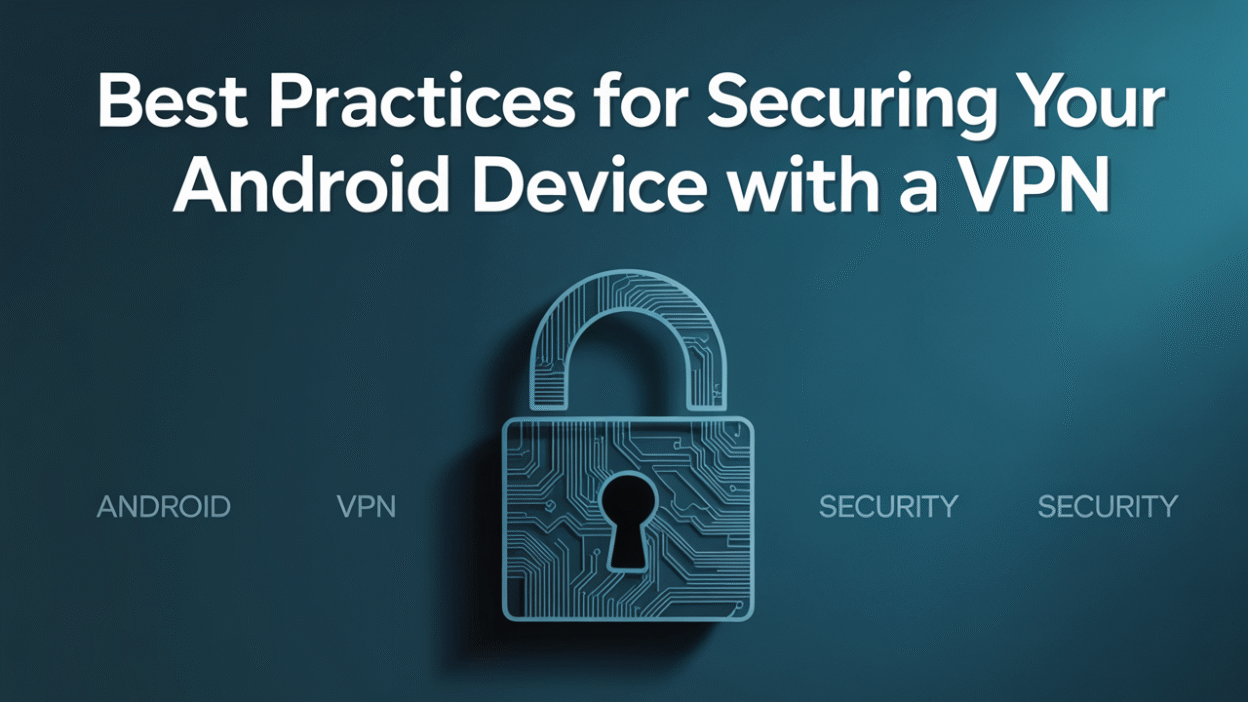In today’s digital landscape, ensuring the security of your Android device is more important than ever. With increasing cyber threats and vulnerabilities, one effective method to safeguard your personal data is by using a Virtual Private Network (VPN). A VPN can help protect your Android device from cyber threats by encrypting your internet traffic and masking your online identity . Below are some best practices for securing your Android device with a VPN.
Choose a Reputable VPN Service
Not all VPN services are created equal. It’s crucial to select a reputable provider that offers robust encryption and a strict no-logs policy. This ensures that your online activities remain private and secure from prying eyes. Look for features such as kill switches and DNS leak protection to further enhance your security .
Always Connect Before Using Public Wi-Fi
Public Wi-Fi networks are notorious for being insecure and often targeted by hackers. Always connect to your VPN before accessing any public network to secure your connection and protect sensitive information from potential eavesdroppers . This practice is particularly vital when you’re handling personal or business data in public spaces.
Keep Your VPN Updated
Regularly updating your VPN app is essential for maintaining optimal security. Updates often include patches for newly discovered vulnerabilities and enhancements to existing security protocols. By keeping your VPN updated, you ensure that your device remains protected against the latest threats .
Understand the Limitations of a VPN
While a VPN is an invaluable tool for enhancing your online security, it’s important to understand its limitations. A VPN masks traffic and connections but does not scan for malware, block phishing scams, hacking attempts, viruses, or malware . Therefore, it should be used in conjunction with other security measures such as antivirus software and safe browsing habits.
Combine with Other Security Practices
Using a VPN should be part of a comprehensive security strategy. This includes setting a screen lock on your device, using strong passwords or biometrics, considering multi-factor authentication, and ensuring that public or free Wi-Fi is secure . These additional steps provide multiple layers of defense against unauthorized access.
Conclusion
Securing your Android device with a VPN is a proactive step towards protecting your digital life. By following these best practices—choosing a reputable service, connecting before using public Wi-Fi, keeping your VPN updated, understanding its limitations, and combining it with other security measures—you can significantly reduce the risk of falling victim to cyber threats. Remember, in the world of cybersecurity, vigilance and preparedness are key.



